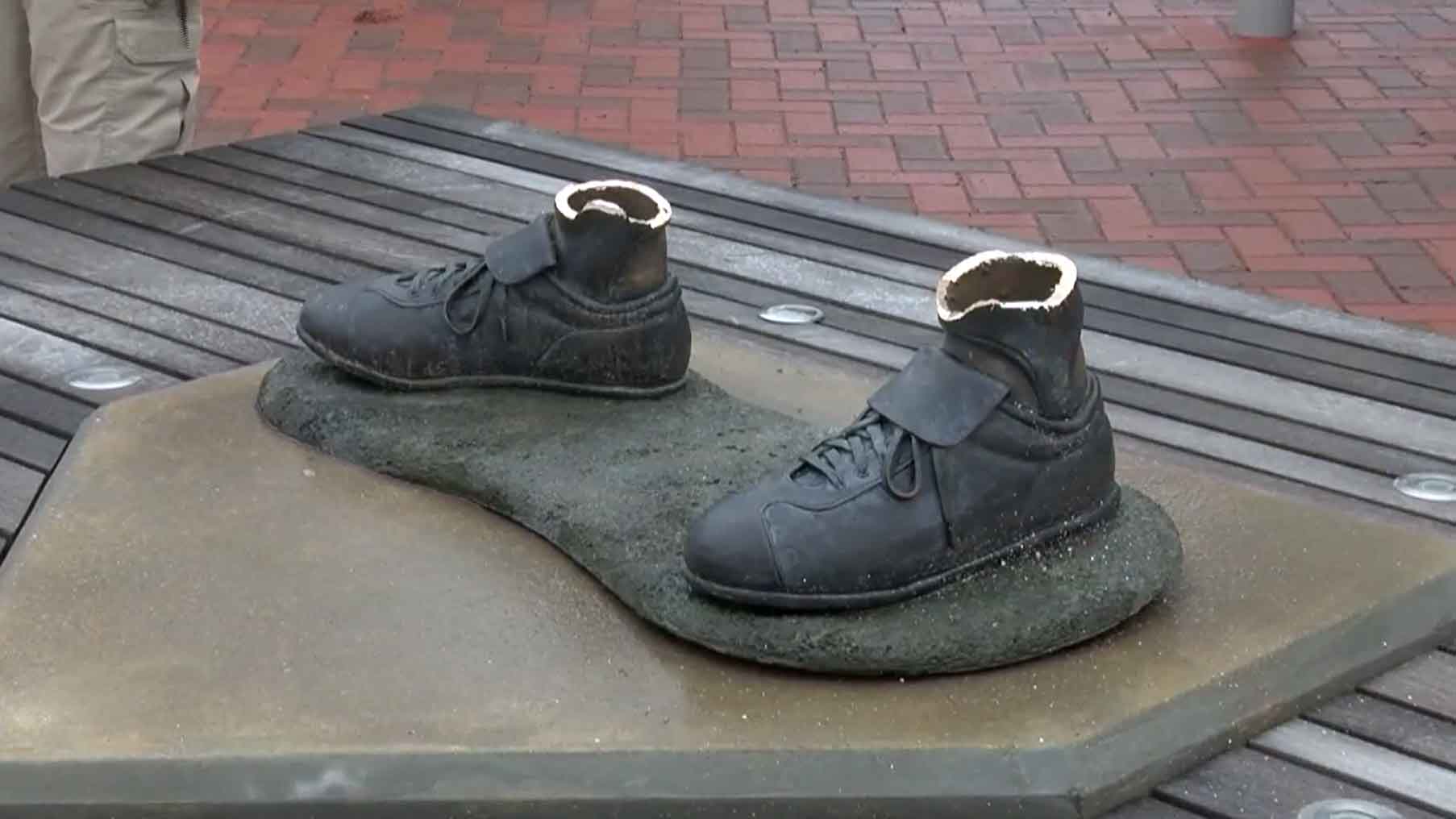SpaceX Thursday night launched a rocket from Cape Canaveral with the first batch of what could ultimately be thousands of satellites providing space-based internet service around the globe after the mission was scrubbed twice last week.
The launch of the 60 "Starlink" satellites aboard a Falcon 9 rocket from Cape Canaveral had been scrubbed last week, once due to upper-level winds over the Cape and once to give the company a chance to "update satellite software and triple-check everything again."
The 60 satellites are packed into the fairing atop the Falcon 9 rocket, with SpaceX founder Elon Musk noting recently that it was a "tight fit."
Musk's goal of creating a space-based internet network will require far more than just 60 satellites.
Musk noted that providing "minor" internet coverage would require six more launches of 60 satellites each, while offering "moderate" coverage would require another 12 such launches.
SpaceX, based in Hawthorne, California, has previously estimated that its proposed Starlink array could involve as many as 12,000 satellites in varying orbits to provide global internet coverage, with the project taking at least a decade to implement.
On Twitter, Musk seemed to indicate his hopes weren't very high for the first batch of satellites, writing, "Much will likely go wrong on 1st mission."
U.S. & World
News from around the country and around the globe
In a statement, the company noted that the mission "will push the operational capabilities of the satellites to the limit."
"SpaceX expects to encounter issues along the way, but our learnings here are key to developing an affordable and reliable broadband service in the future," according to the company.
The first stage of the Falcon 9 rocket to be used in the launch was previously used in missions in January of this year and in September 2018.



